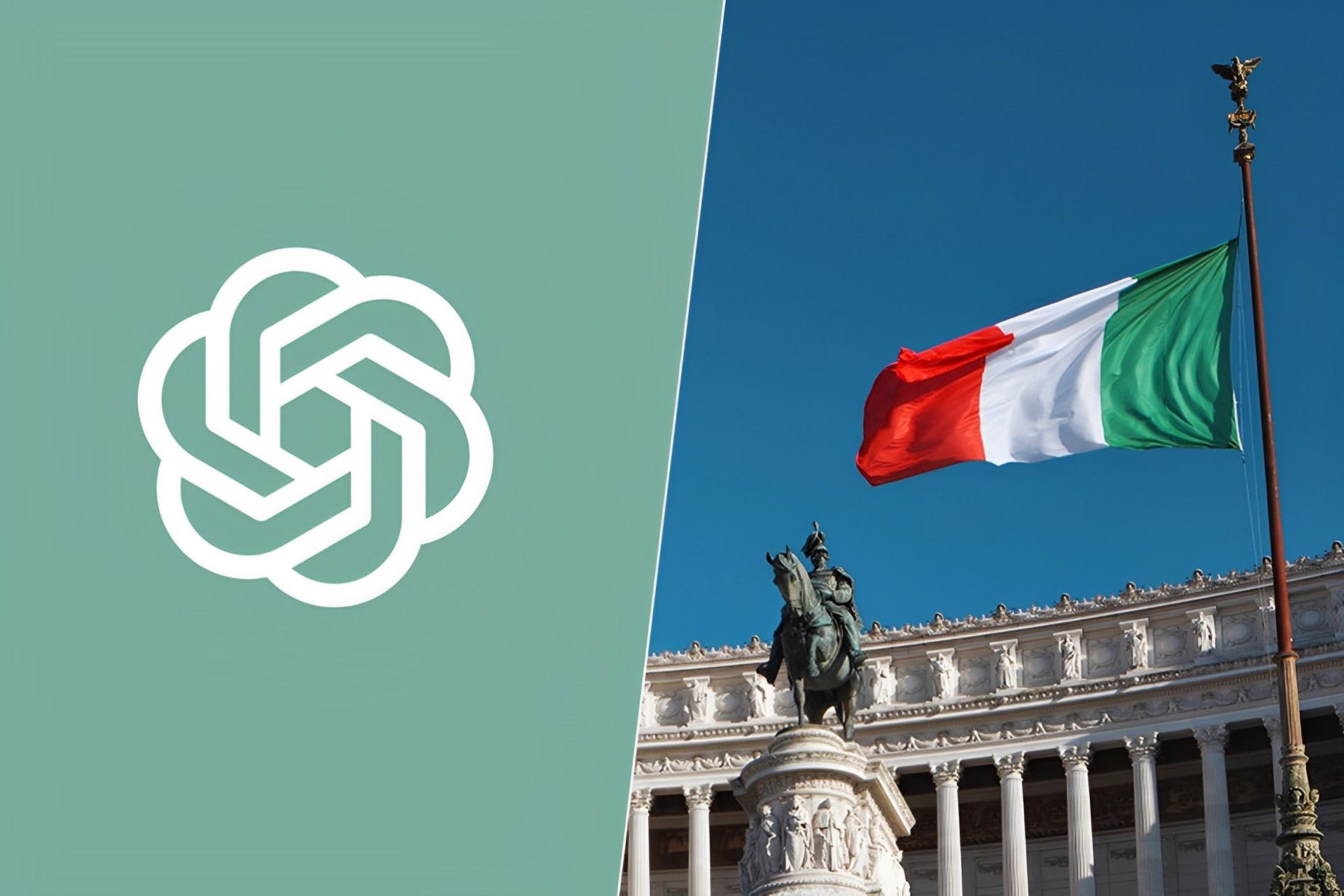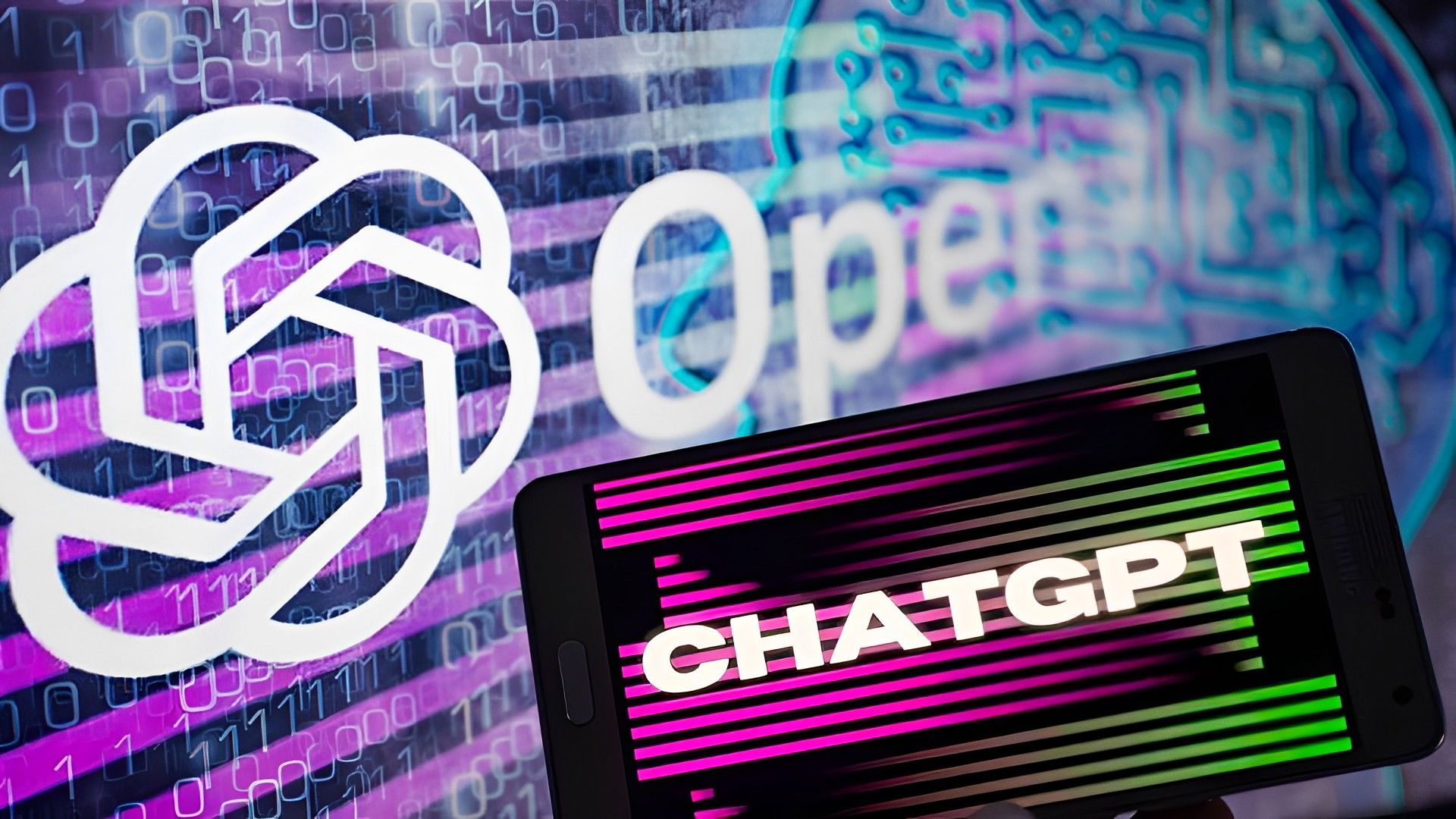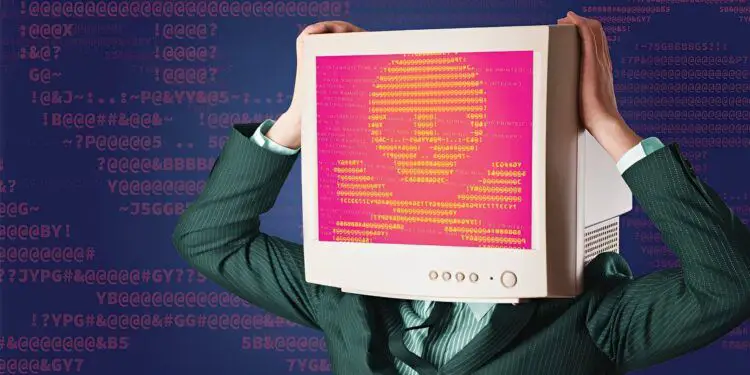ChatGPT Italy ban raised attention to the software’s data privacy regulations as due to alleged privacy violations, the Italian privacy regulator on Friday imposed a ban on ChatGPT.
The national data protection authorities announced that following the ChatGPT Italy ban, it will immediately stop processing data from Italian users for OpenAI, the American company that created the well-known artificial intelligence platform, and launch an investigation. The decree is only in effect until the business complies with the General Data Protection Regulation, a historic EU privacy regulation (GDPR). The consumer advocacy group BEUC also requested on March 30 that ChatGPT be looked into by national and EU authorities, as well as data protection watchdogs.

The BEUC is concerned that although the EU is presently drafting the first AI law in the world, it would be years before it could go into effect, putting consumers in danger from a technology that is not appropriately regulated.
Why exactly did the ChatGPT Italy ban occur?
In addition to blocking OpenAI’s chatbot, the Italian watchdog declared that it will look into whether it complies with the General Data Protection Regulation.
Every time the personal data of EU users is processed, the GDPR is in effect as the GDPR regulates how individuals can use, process, and keep personal data. And it’s obvious that OpenAI’s huge language model has been processing this kind of data because, for instance, it can generate biographies of specific people in the area on demand.
The training data utilized for the most recent version of the technology, GPT-4, was not disclosed by OpenAI. However, it has been revealed that prior models had their training data taken from the Internet, including Reddit forums. Thus, if you’ve been online for a while, there’s a good possibility the bot recognizes your name.
The data breach involved user communications and payment details, the watchdog reported on March 20.

On both sides of the Atlantic, calls are rising for the suspension of additional ChatGPT releases and an investigation into OpenAI, the company that created it, due to a number of security, privacy, and disinformation threats. This week, Elon Musk and numerous AI professionals demanded a halt to ChatGPT improvements.
The authority claimed that there is no legal justification provided by the corporation for “the mass collection and storage of personal data… to ‘train’ the algorithms” of ChatGPT. Also, the organization incorrectly processes data, as it was added.
The Italian regulator that imposed the ChatGPT Italy ban claimed that ChatGPT also experienced a data breach last week, exposing user conversations and payment details, which we explained: OpenAI leak reveals secrets between you and ChatGPT. The statement continued, with the claim that OpenAI does not verify user age and exposes “minors to absolutely unsuitable answers compared to their degree of development and self-awareness.”
This is not the first chatbot ban in Italy
The Italian data watchdog has already taken similar action against an AI chatbot. In February, the commission previously outlawed the chatbot application Replika.ai. Replika is well-known for the close bonds some users have with its chatbot, and many customers expressed disappointment when the firm recently removed the option for erotic roleplaying.

Users can still use ChatGPT via VPN that routes traffic through Milan, Italy, as of the time of writing. Yet, it might take some time for OpenAI to abide by the directive to cease processing the data of Italian users.
Although OpenAI doesn’t have an office in the EU, its representative there has 20 days to explain how it intends to bring ChatGPT in line with EU privacy laws or risk a fine of up to 4% of its global revenue.





